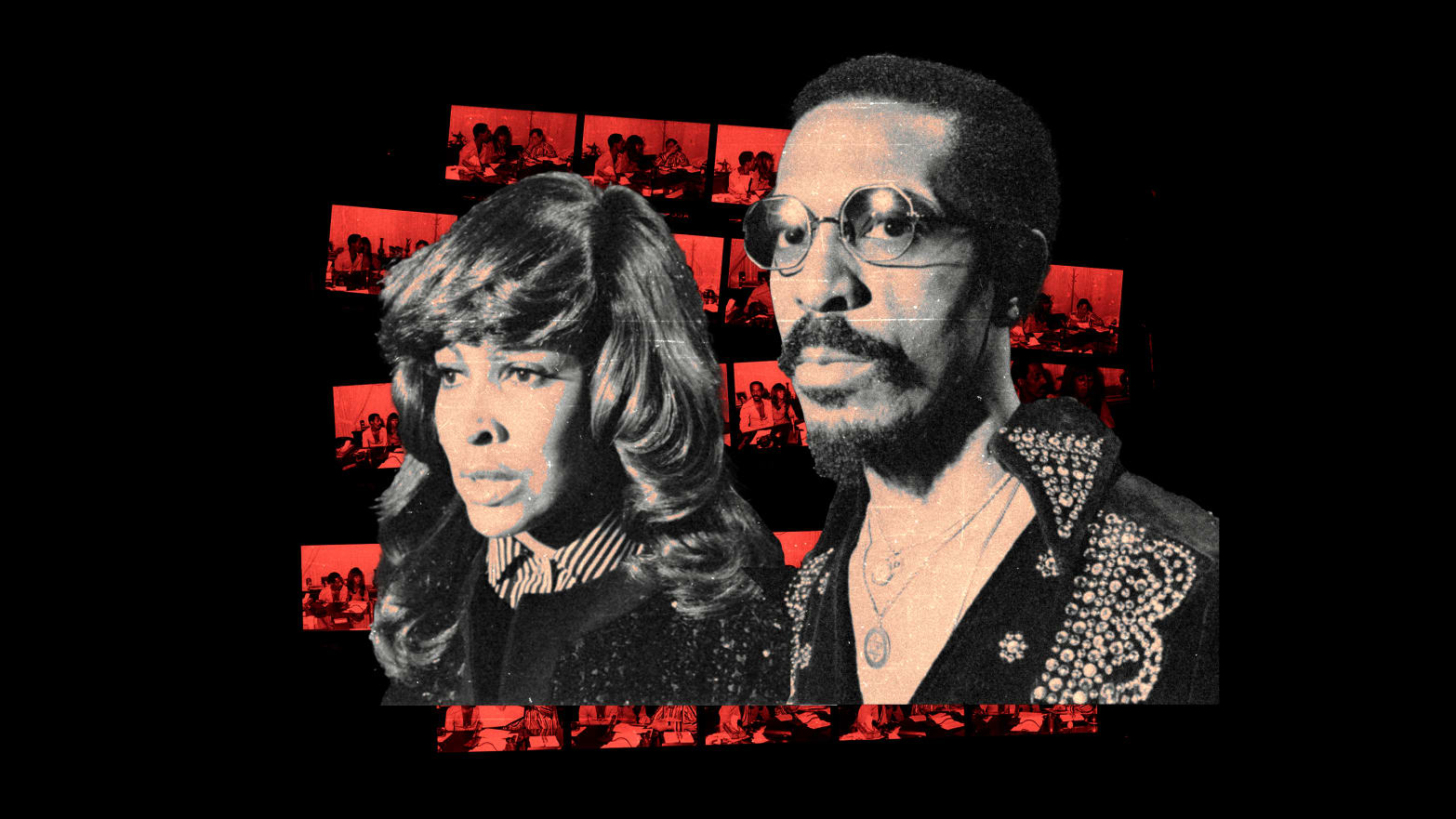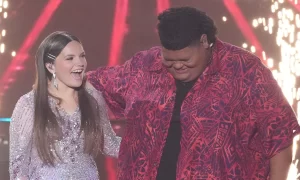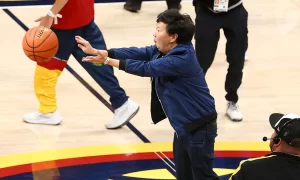We Ought to Have Never Been So Open to Deriding Tina Turner’s Maltreatment

Indeed, even before I knew about Tina Turner as the Sovereign of Rock ‘n’ Roll or could recount a solitary melody verse of hers, I some way or another knew the most ridiculously terrible, embarrassing insights concerning her life.
This is certainly not a peculiar or one of a kind prologue to a well known individual, especially a lady. As a new series of narratives enlightening harmful newspaper culture have shown us, a female superstar’s very own difficulties can undoubtedly jumble their whole vocations and adversely twist the public’s view of them until the end of time.
On account of Turner, who passed on this week from an obscure disease, I could never see her exclusively as an overcomer of her ex and melodic accomplice Ike Turner’s merciless maltreatment. Notwithstanding, growing up, it generally struck me how her scandalously unpredictable marriage had reliably been transferred to me as a zinger: If my center school (normally male) peers weren’t doing some comic reenactment of the aggressive behavior at home scenes in Turner’s 1993 biopic What’s Adoration Have to Do With It, they were promoting her horrendous origin story for shock esteem.
Probably, they simply maintained that me and others should realize they had seen an extremely well known, “grown-up” film. Thinking back, I chalk up their deriding of Turner’s maltreatment to the dismal interest you have as a youngster when you’re presented to dim, (ideally) new way of behaving. Perhaps it was difficult to comprehend that she was, as a matter of fact, a genuine individual and in addition to a person (not that fictionalized misuse ought to be chuckled at all things considered). However much What’s Adoration Have to Do With It is an honest, compassionate (and Turner-endorsed) representation of her life, it unintentionally sensationalized her enduring to inhumane crowds.
Tragically, I’ve watched Ike’s abuse of Turner be met with this equivalent sort of entertainment as a grown-up. Simply last year, I saw a development of Tina, the vocalist’s personal jukebox melodic, in my old neighborhood. While the whole show was pretty disappointing, I wound up especially irritated during scenes where Ike’s personality would castigate and revile at Tina before at last beating her. The actual portrayal didn’t be guaranteed to disturb me. In any case, the scary measure of chuckling these minutes incited from the crowd left me with a disturbed, squeamish inclination.
I want to discount the group’s laughs as an indication of distress — and perhaps a couple of them were. How could anybody honor Turner just to taunt the piece of her life that caused her to so thoughtful? Be that as it may, I’ve seen an excessive number of instances of rappers, entertainers, reality stars, and grown-ups in my life — a considerable lot of whom would all most likely distinguish as devotees of Turner — nonchalantly alluding to her marriage as a joke or a preposterous tale to assume the best about the show’s crowd.
Since the declaration of Turner’s demise on Wednesday, a video of the “Glad Mary” vocalist performing with Beyoncé at the 2008 Grammys has recycled on the web and ignited further discourse on what Turner meant for components of the more youthful star’s profession. While watching the clasp, I was in a flash helped to remember the disputable “eat the cake, Anna Mae” reference, rapped by Beyoncé’s better half Jay-Z, on their 2013 coordinated effort “Tipsy in Adoration.”
Without moving the fault totally on Beyoncé — it is her significant other’s verse, all things considered — one of my complaints with the “Insane in Affection” vocalist throughout the long term (and one of many places of disarray in regards to her women’s liberation) is that she would support such a discourteous and embarrassing verse, especially about a lady she habitually refers to as a light. (Since Turner’s demise, I’m not by any means the only one to repeat this disappointment.) Once more, I somewhat credit the way What’s Affection Have to Do With It — in which the “Anna Mae” line is expressed by Ike (Laurence Fishburne) before he pushes a cake in Turner’s (Angela Bassett) face — has unintentionally made Ike into a senseless, silly bad guy in watchers’ psyches.
However, beyoncé and Jay-Z are a long way from the main offenders in music or mainstream society to decrease Turner’s encounters to a helpful illustration. One of my number one Drake tunes, “Portland,” off his 2017 mixtape More Life, highlights Quavo rapping, “Ike Turner with the left hand/Griselda Blanco with the snare moves.” Less amazingly, on Chris Brown and Kevin McCall’s joint 2011 tune “Deuces,” the last craftsman sings the verse, “It at last hit me/Like Tina did Ike in the limo, it at last hit me.” And on Big deal Smalls’ 1994 track “Automatic rifle Funk,” he rhymes, “Suck a misdeed/Beatin’ mother lovers like Ike beat Tina.”
Correspondingly exasperating was the viral development of Ike Turner images in 2016; the picture being referred to was really of Fishburne depicting Ike in What’s Affection Have to Do With It, giving a threatening gaze that in fact looks ludicrous while he’s wearing a glossy, bowl-cut hairpiece. All things considered, it’s hard not to take a gander at any delivering of Ike without in a flash being helped to remember his enormous way of behaving, particularly in that film, where he’s portrayed as completely startling. It’s not all bad for the web to carelessly decontextualize any photograph, video clasp, or piece of public space as long as it fills in as a joke, and this was unquestionably another disturbing model.
In the wake of focusing on Ike’s maltreatment without precedent for a 1981 Group interview, Turner was not timid about how her late ex-accomplice tormented her and left a long-lasting stain on what ought to have been a daily existence overflowing with joy as a praised rockstar. The way that she needed to continually remember her homegrown maltreatment in the media is basically the reason of her 2021 Max narrative Tina, which has been broadly suggested and yet again examined on Twitter following her passing.
While Turner saves craftsmen like Jay-Z and Drake in the film, she’s mindful of how much her torment has turned into a scene; one for others to communicate with any respect for her recuperating neglectfully. Considering Megan You Steed, who’s aggressor Conservative Lanez was seen as liable for shooting her this previous December, or Golden Heard, whose misuse claims against her ex Johnny Depp have become horrible TikTok feed, it’s difficult to envision these ladies truly getting away from the kind of contemptuous treatment Turner experienced as a public survivor.
While a large number of individuals all over the planet will probably spend the next long stretches of time proclaiming their enthusiasm for Turner, it’s similarly critical to recognize how more than once violated she was by the networks that professed to cherish her. It’s one of the principal inconsistencies of being a lady, and especially a Person of color, at the center of attention. You can at the same time be quite possibly of the most regarded individual on the planet for your ability while likewise being the victim of persevering jokes.












































